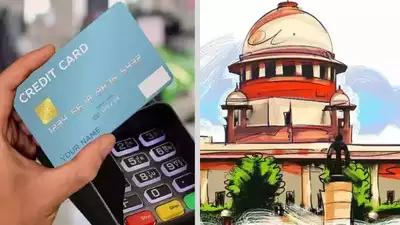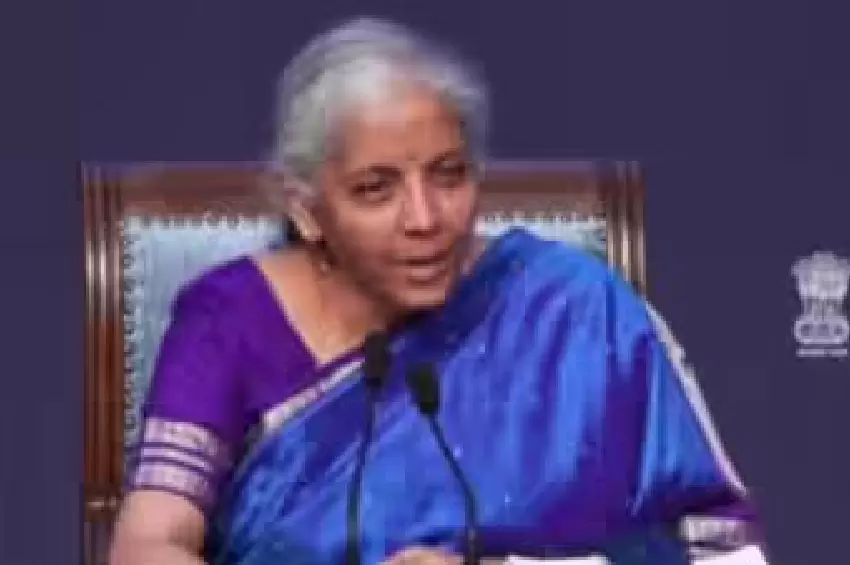Supreme Court's Landmark Decision on Credit Card Interest Rates
In a significant judgment, the Supreme Court has overturned a 16-year-old verdict by the National Consumer Disputes Redressal Commission (NCDRC), allowing banks to charge interest rates exceeding 30% on credit card dues. This decision marks a pivotal moment in the banking and consumer finance sectors.

Understanding the Court's Rationale
The bench, comprising Justices Bela M Trivedi and Satish Chandra Sharma, deemed the NCDRC's previous conclusion as "illegal" and an undue interference with the Reserve Bank of India's powers. The court emphasized that banks had not engaged in deceptive practices and that the terms, including interest rates, were clearly communicated to cardholders.
Implications for Credit Card Holders
This ruling clarifies that the NCDRC lacks the authority to alter contractual terms agreed upon by banks and credit card holders. It also highlights the importance of financial literacy among consumers, urging them to understand their privileges and obligations fully.
What This Means for the Banking Industry
The judgment reaffirms the autonomy of banks in setting interest rates, guided by RBI guidelines and financial expertise. It also underscores the need for transparency and fairness in the banking sector, ensuring that consumers are well-informed about their financial commitments.









Comments